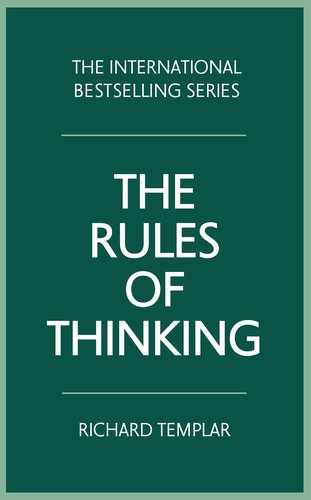It’s very hard to operate effectively and efficiently when your head is cluttered. You’re so busy trying to hold onto those important thoughts, there’s barely any head room left for thinking through the current task. And you keep catching yourself short, thinking, ‘Oh, I must remember to call so-and-so …’ or ‘Oops, I need to check we have enough of those …’ or ‘Actually this will need to be done before Thursday …’ All those thoughts jostling for space make it much harder to focus on the task in hand. Either you forget things or you keep jumping from one thing to the next without finishing anything properly. Or both.
If you’re running a big project at work, or organising a local event, or launching into a house move, you’ll probably make yourself some notes. But it’s not enough to write down some of the things you need to do – you need to write them all down. Yep, everything. Every last tiny thing.
I used to do a job that was essentially project management, and I never went anywhere without a spiral-bound notebook and a pen shoved into the spirally bit. If anyone mentioned a task – however small – I jotted it down. If I suddenly remembered something I had to do, or remind someone else to do, down it went. I kept it by my bed at night so I didn’t lie awake worrying I’d forget things come the morning. At the end of each day, I went through my notes and tidied them up. You don’t have to have a spiral-bound pad. You can diarise things, email yourself (or other people), cover your desk or fridge in sticky notes, whatever works for you.
The really important thing to grasp here though is not a handy tip about writing things down, useful though that certainly is. What you have on your notepad (or diary, or sticky notes, or shopping list, or the back of your hand) is only one part of it. Yes, it gives you an efficient system for not forgetting things. But the really important stuff is what goes on inside your head: nothing. Space. Free working memory. Clarity. Lovely, easy, relaxing emptiness. So now you can deal with each task on its own, without stress, because you’ve moved all the other clutter out of your head and onto a piece of paper. If anything else invades your head space, just move it on. Externalise it. De-clutter your brain.
Here’s another thing worth writing down – every time someone is supposed to get back to you on something, make a note. Diarise it, or keep it in ‘sent items’, or have a place for it, so when they don’t get back to you, you have a system that means you’ll remember to chase them. Imagine how much thinking space that will free up.
I clear my emails every day. That way my inbox contains only items I need to action, and my sent items contain only things I’m waiting on other people to respond to. As soon as they do, the sent item gets archived. Yes, it sounds ridiculously over-organised to some people, but you know what? I don’t care what they think. What I care about is that I don’t have to remember any of those things because my inbox or my sent items are doing all my remembering for me, and I can keep a clear head.
ALL THOSE THOUGHTS JOSTLING FOR SPACE MAKE IT MUCH HARDER TO FOCUS ON THE TASK IN HAND
